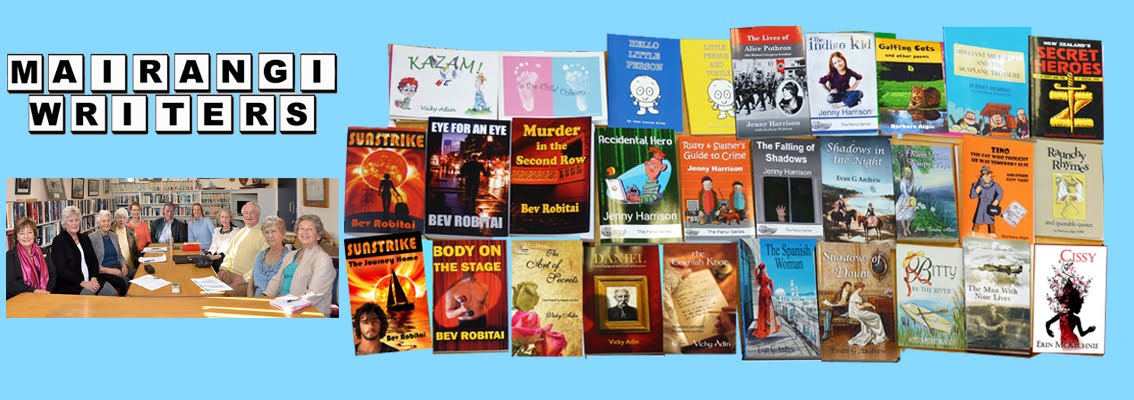Age after age, through
generation after generation, all round the world, elders have recounted family stories.
In some cultures important stories were learned by rote and handed down as
treasured gifts that taught each new generation what people could aspire to,
and how they should strive to live their lives.
In our society today,
the extended family no longer sits down and shares stories from the past. The
majority of families are scattered and elders denied that opportunity.
At my
sister-in-law's recent celebration of a milestone birthday where numerous
octogenarians were gathered with family members, fascinating stories of past
times abounded. In awe and silence I listened to witty renditions following one
after the other. As the audience swelled I noticed a sense of companionship
growing as the listeners aligned their experiences with those of the raconteur.
I mused, 'What a
pity,' as I listened spellbound. 'These historical events and reminiscences
will all fade unless they are recorded.'
After the chatter
had died, one of the women sidled up to me, said, "I've read your
book."
"Which
one?" I asked.
"Footprints
in the Sands of Time. I've got heaps like those stories to tell, but don't know
where to start."
"I was
fascinated by your stories. Why not write them down.
"Mmmmm,"
she said. "I get a piece of paper and pen and stare at the blank page but
nothing comes."
"There is no
right or wrong way to shape your story. It’s just another way of conducting a
conversation. Rely upon your own experience and feelings. Decide which ones you
wish to hand on."
"I'll think
on," she said, moved off and added as a throwaway, "My stories are
not that important."
Such a remark
highlights the danger in this age of experts and information that we may start
to believe that the colour and content of our personal experiences are trivial.
That is not so. There are worlds of meaning and wisdom in social history.
Nothing should keep us from telling our stories because they belong to us and
those we love.
Maureen Green
